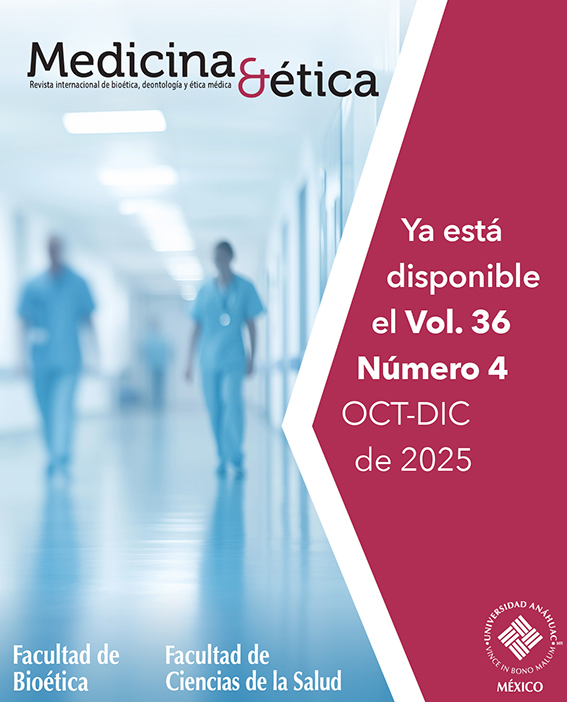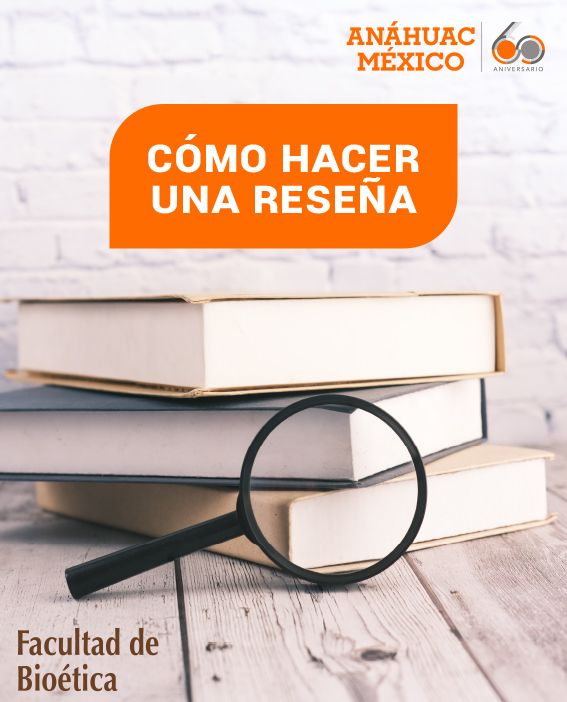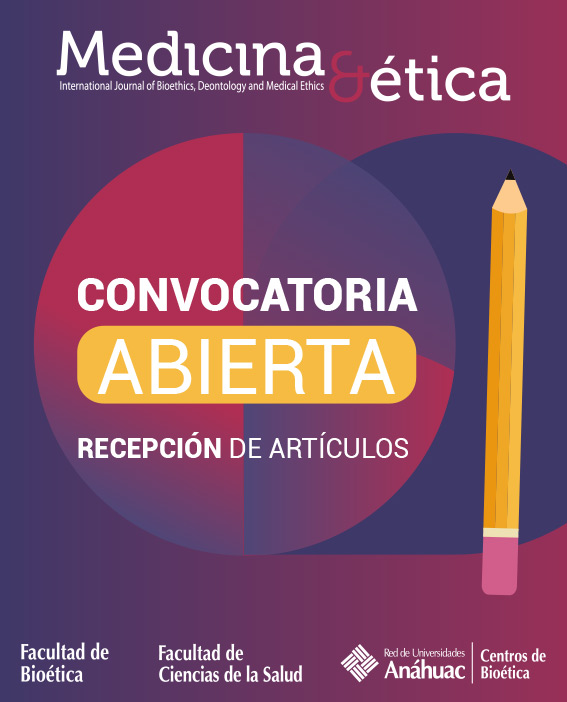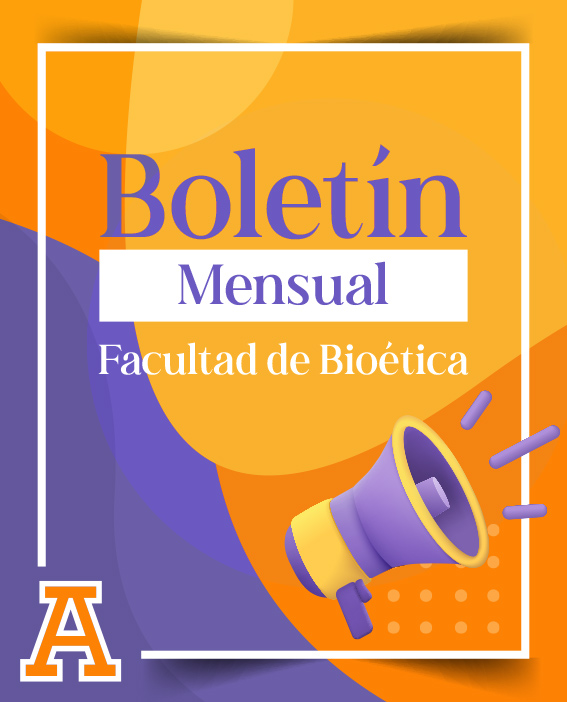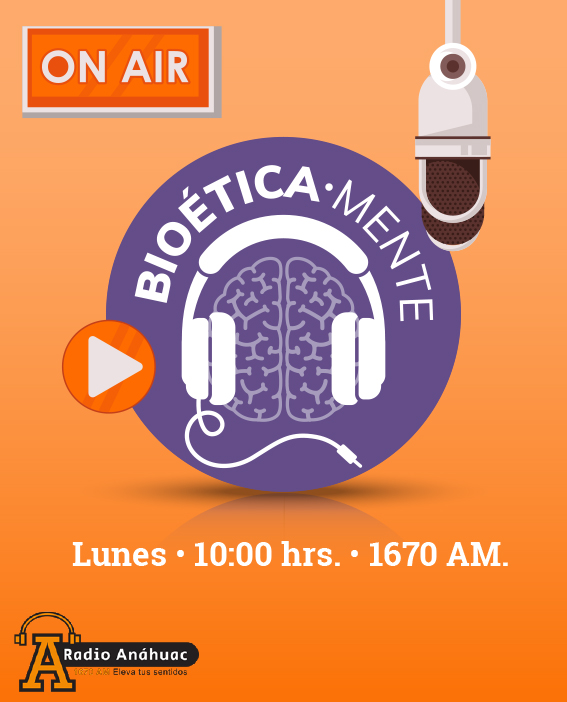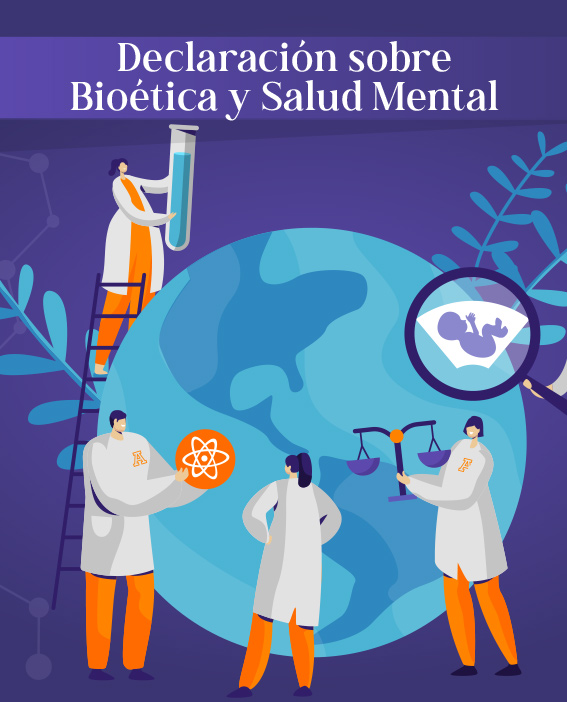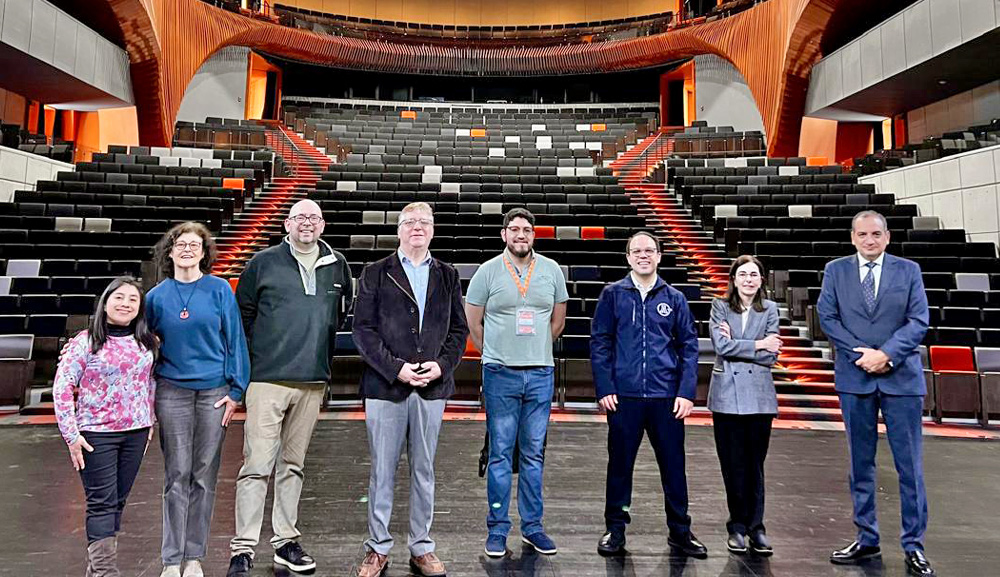
Fernando Chuecas and Rafael Santa María participated in the Intensive Seminar Week of the PhD in Applied Bioethics, offering an interdisciplinary vision between medicine, law and ethics.
As part of the Intensive Seminar Week of the PhD in Applied Bioethics, the School of Bioethics of the Anáhuac University Mexico had the distinguished participation of two renowned international experts: Dr. Fernando Chuecas Saldías, internist, hematologist and oncologist, director of the Department of Bioethics of the San Sebastián University, and Dr. Rafael Santa María D’Angelo, doctor in Law from the Pontifical Lateran University and master in Bioethics from the Regina Apostolorum University.
Throughout the week, both academics engaged in a fruitful dialogue with doctoral students, offering an integrative perspective on ethics, medicine, and law, and strengthening academic collaboration between Anáhuac University and its international counterparts. Their presence lent the meeting a profound and universal character by connecting bioethical foundations with the real-world challenges facing contemporary societies.
Dr. Chuecas Saldías presented several papers on palliative care, healthcare justice, and the ethical dilemmas of end-of-life care, inviting participants to reconsider the meaning of care as a concrete form of justice and respect for human dignity. Drawing on his clinical and bioethical experience, he emphasized that palliative care should be understood as comprehensive care that accompanies every person facing physical, emotional, or spiritual suffering. He stressed that "the true progress of medicine lies in the capacity to accompany, listen, and alleviate suffering," reminding everyone that caring is not an incidental act, but rather a manifestation of justice, compassion, and ethical responsibility.
Dr. Santa María D’Angelo delved into the philosophical and legal foundations of bioethics, addressing the challenges posed by the relationship between law, science, and morality. In his lectures, he reflected on the ethical dilemmas surrounding the beginning and end of life, personal autonomy, the meaning of natural law, and the need to construct legal frameworks that protect human life from conception to natural death. He emphasized that “bioethics without law lacks practical effectiveness, but law without an ethical foundation is devoid of justice,” and he encouraged the students to develop a humanistic vision of law.
During their presentations, both specialists agreed that applied bioethics only becomes meaningful when it is embodied in social and legal reality, guiding institutional decisions toward the protection of the most vulnerable. The discussions on euthanasia, dysthanasia, and palliative justice became an opportunity to consider how to legislate, provide care, and make decisions in a more humane way.
The seminar concluded with the reaffirmation of academic collaboration with Anáhuac University Mexico, strengthening an Ibero-American network of bioethical thought that promotes a culture of life and human dignity. This partnership opens new opportunities for cooperation in research, faculty exchange, and joint projects, consistent with Anáhuac's mission to educate ethical leaders committed to the common good.
This participation not only enriched the Intensive Seminar Week of the PhD in Applied Bioethics, but also consolidated the role of the Faculty of Bioethics as an international benchmark in the promotion of an integral, applied and profoundly human bioethics.
More information:
MPSS Estefanía Álvarez
Facultad de Bioética
bioética@anahuac.mx

